Stay Safe in the Heat: 7 Tips to Avoid Summer Dehydration!
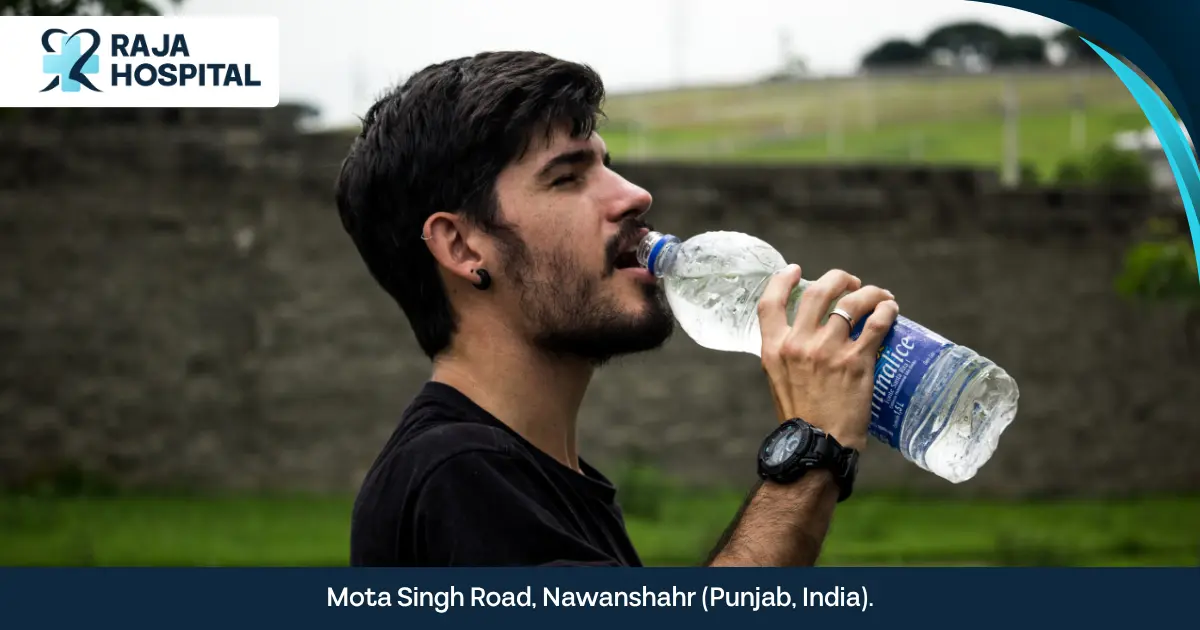
REVIEWED BY Dt. Gurjeet Kumari (Dietitian) on 31 july 2025.
You’re sweating buckets. Your mouth feels like sandpaper. But instead of reaching for water, you grab your phone, scroll a little more, and convince yourself, “I’m just tired, not thirsty.”
Sound familiar?It’s the summer trap most of us fall into, confusing dehydration with fatigue, headaches, or even anxiety.
The problem is, dehydration isn’t just about feeling thirsty. It sneaks up quietly. By the time you feel it, your body is already struggling. And in peak summer, the risks go from annoying to dangerous very quickly.
In this blog, I’ll break down what hydration really means, why most people get it wrong, and 7 powerful ways to stay ahead of dehydration this summer. I’ll also help you spot those subtle body signals that scream “help” before they become a hospital visit.
Let’s make sure this summer, you’re not just surviving the heat but thriving through it.
Why Hydration Matters Even More in Summer!

Your body is a complex machine, and water is its ultimate fuel. Every cell, organ, and system depends on it to function properly. But during the summer, that need multiplies.
As temperatures rise, your body naturally sweats more to stay cool. That sweat is not just water; it’s a mix of electrolytes your body needs to function. The more you sweat, the more you lose. And if you don’t replenish it fast enough, your performance, focus, and even mood take a hit.
Heat increases your heart rate, dries out your skin, and puts extra pressure on your kidneys. Without enough fluids, even your digestion slows down, making you feel sluggish and bloated.
Summer isn’t just about hotter weather. It’s about higher stakes for your health. Staying hydrated is not just smart, it’s survival.
What Hydration Actually Means (It’s Not Just Drinking Water)
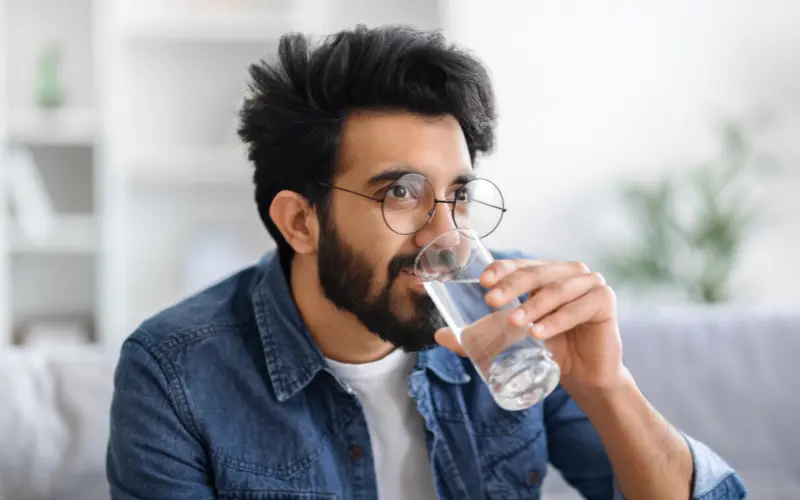
Most people think staying hydrated is as simple as drinking water. But the truth is, hydration is about more than just how much water you drink. It’s about how well your body retains and uses that fluid.
When you drink plain water without any electrolytes, especially after heavy sweating, your body may not absorb it efficiently. You could end up flushing it out without getting the benefits your cells actually need.
Your body functions best with a balance of fluids and electrolytes like sodium, potassium, and magnesium. These minerals help your cells absorb water and keep your muscles, brain, and organs functioning at their best.
Hydration also comes from your food. Fruits like watermelon, cucumber, and oranges are made up of over 90 percent water. They also contain natural sugars and minerals that support fluid retention.
So the next time you grab a water bottle, think about the full picture. True hydration is about balance, not just quantity.
How Much Water Do You Really Need?
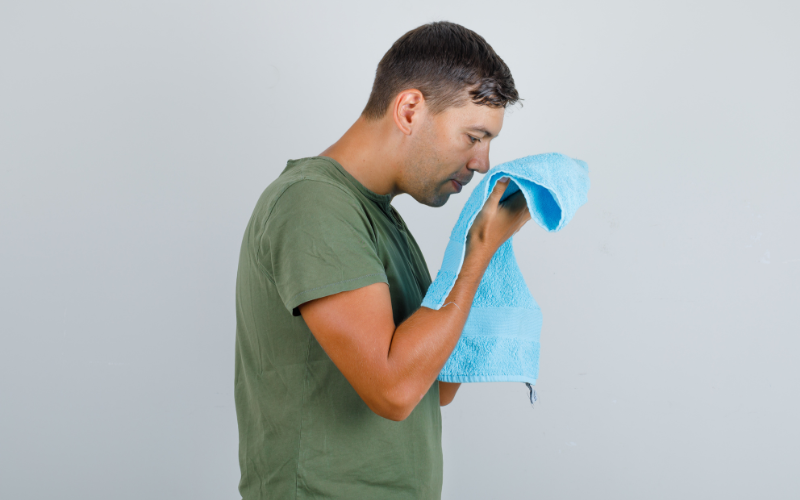
We’ve all heard the “8 glasses a day” rule, but that advice doesn’t hold up for everyone. Your hydration needs depend on your body weight, activity level, climate, and even what you eat daily.
During hot summer months, your body loses more fluids through sweat. That means a physically active person in a humid city might need nearly double the amount someone needs in cooler weather.
One of the easiest ways to get a rough estimate of your ideal water intake is by calculating it based on your weight and daily exertion. Factors like how much you move, how often you’re out in the sun, and even the food you eat can all affect your needs.
If your urine is dark yellow, or you often feel lightheaded or sluggish, it might be time to increase your fluid intake. Water-rich fruits and vegetables can also help boost your hydration without much effort.
Instead of following a fixed number, build the habit of sipping water throughout the day. Keeping a bottle nearby is a small move that leads to big improvements in how you feel.
Top Signs You’re Already Dehydrated (That Most Ignore)
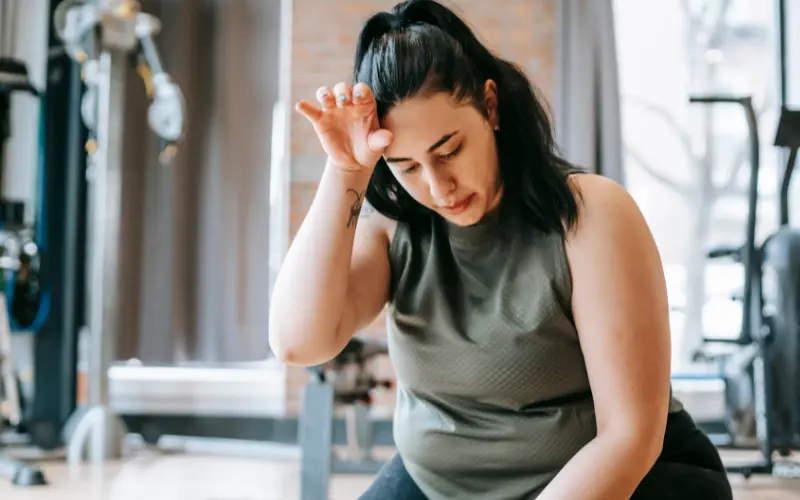
Dehydration doesn’t always announce itself with dry lips and an empty water bottle. Often, the signs are quiet and easy to overlook. Especially during summer, when you’re losing fluids more quickly, recognising these early symptoms becomes essential.
Here are some common signs your body may already be running low on fluids:
- Persistent fatigue: Feeling drained even after a good night’s sleep could be a sign your body lacks the fluid it needs to function properly.
- Dark yellow urine: A clear indicator that your body needs more water. The darker the color, the more dehydrated you might be.
- Headaches: Dehydration can reduce oxygen flow to the brain, triggering tension and headaches.
- Dizziness or light-headedness: Losing too many fluids affects your blood pressure, making you feel off balance.
- Dry skin and lips: When your body lacks internal moisture, your skin is one of the first places it shows.
- Muscle cramps: Especially during or after physical activity, a lack of electrolytes and fluids can lead to sudden cramps.
- Trouble focusing: Dehydration impacts cognitive function, making it harder to think clearly or stay productive.
Spotting these signals early can prevent more serious issues later. The key is to tune in before your body hits the warning zone.
Best Ways to Stay Hydrated in the Heat

When the temperature rises, your body works overtime to keep cool. That means more fluid loss and more effort needed on your part to replace it. The good news? Staying hydrated doesn’t have to be boring or difficult.
Here are some smart and easy ways to boost your hydration during summer:
- Start your day with water: Before coffee or tea, drink a glass of water. It helps replenish overnight fluid loss and kickstarts your system.
- Eat water-rich foods: Fruits like watermelon, oranges, strawberries, and vegetables like cucumber or zucchini are not only refreshing but packed with fluids.
- Infuse your water: Add slices of lemon, cucumber, mint, or berries to make water more appealing without added sugar.
- Keep a reusable bottle nearby: Visibility creates habit. If it’s in your sight, you’re more likely to drink.
- Use coconut water or ORS after sweating: These help restore lost electrolytes without the sugar crash of sodas or packaged juices.
- Set reminders: Use your phone or a hydration app to give you a gentle nudge every hour.
- Limit alcohol and caffeine: Both can act as diuretics, pulling more water out of your body than they put in.
Hydration isn’t just about the amount. It’s about consistency and choosing smarter sources of fluids throughout your day.
When to Pay Attention: Your Body’s Silent Alarms
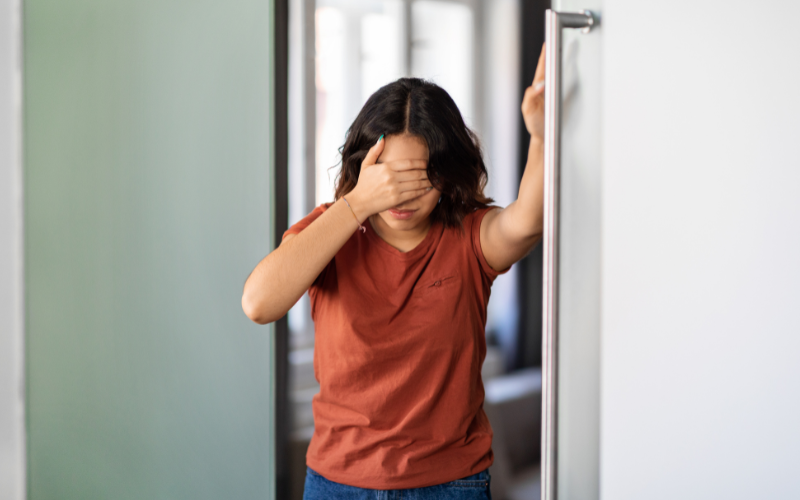
Some people can bounce back with just a glass of water. Others aren’t so lucky, especially when heat and underlying health conditions come into play. That’s why it’s important to know when dehydration moves from mild discomfort to a medical concern.
Here are situations where you should take your symptoms seriously:
- If dehydration keeps returning: Feeling better for a few hours, then crashing again? That could mean your body isn’t retaining fluids properly.
- If you’re caring for kids or elderly: Their thirst signals aren’t as reliable, and they can dehydrate faster than adults.
- If you’re exposed to heat for long periods: Outdoor workers, athletes, and even travelers are at higher risk of heat-related dehydration.
- If you’re vomiting or have diarrhea: These conditions cause rapid fluid loss and need more than just water to recover.
- If you feel dizzy while standing: Sudden drops in blood pressure from fluid loss can lead to falls or fainting.
- If your heart rate feels unusually fast: Your body might be working harder to circulate a reduced blood volume.
If these signs show up and don’t ease even after resting and drinking fluids, it’s time to get checked by a professional. Don’t wait for it to get worse.
Frequently Asked Questions
1. Can I drink too much water?
While rare, drinking excessive amounts in a short time can dilute sodium levels in your blood, leading to a condition called hyponatremia. The key is balance, not overload.
2. Is coffee or tea hydrating?
In moderate amounts, yes. While they have a mild diuretic effect, they still contribute to your overall fluid intake. Just avoid relying on them as your main hydration source.
3. What’s the best hydration drink?
Water is the best go-to. But during intense heat or after sweating a lot, coconut water, oral rehydration salts, or homemade fruit-infused drinks offer great support by replenishing electrolytes.
4. How do kids and the elderly differ in hydration needs?
Both groups are more vulnerable. Kids may not recognize or express thirst, while elderly people often have a weaker thirst response. They need regular, proactive hydration throughout the day.
Conclusion
Struggling with same?
Book Your Appointment With Our Expert Doctors

Hydration might sound simple, but in the summer heat, it becomes a daily survival strategy. From fatigue and foggy thinking to full-blown health risks, dehydration creeps in faster than most of us expect.
The key isn’t just drinking more water. It’s about building small, smart habits from eating water-rich foods to paying attention to early warning signs. Once you learn to recognize your body’s signals, staying hydrated becomes a lot easier and more natural.
Remember, your body speaks in whispers before it starts shouting. Don’t wait for the alarm bells.
If you’re noticing symptoms that feel off, especially those that linger or worsen, don’t guess. Get expert care at Raja Hospital, where your health is taken seriously from the very first sign.
Stay cool, stay safe, and drink up; your summer self will thank you.
